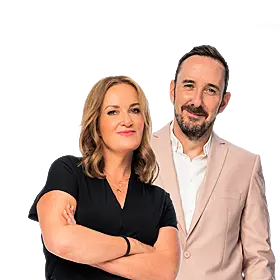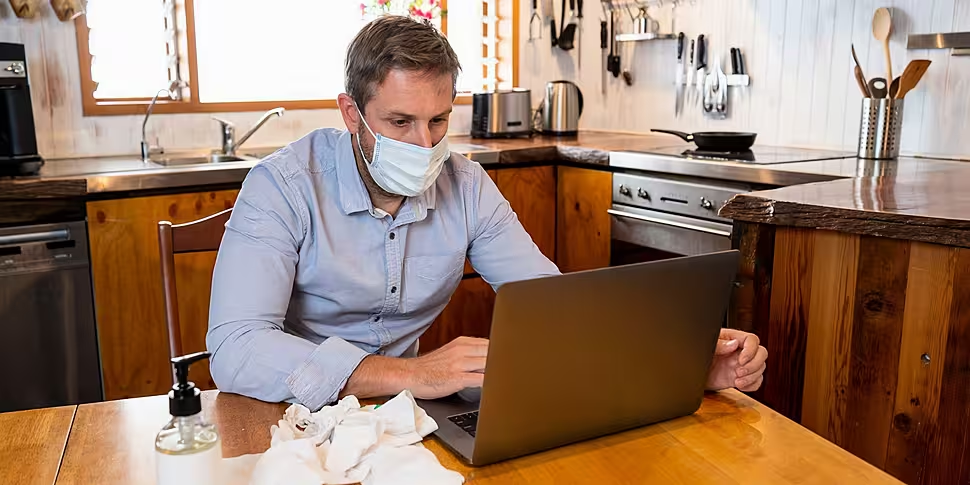Employees who don't take their sick days will end up needing more time off in the future.
That's according to clinical psychotherapist Stephanie Regan.
She says the newness of remote or hybrid working means companies need even clearer policies now.
Polling data from the US suggests two-thirds of workers feel remote work adds pressure to work while sick.
While the same proportion say they feel obliged to clock in remotely, even if they are unwell.
Stephanie told Pat Kenny both workers and employers are still finding their feet.
"All of this changing, and working in the hybrid model of work... this huge sort of shift that is happening causes all sorts of difficulties - both for staff and for employers - in terms of making these kinds of decisions around sickness.
"When are you sick enough to stay at home? Why can you not log-on when you're at your computer and lying in bed?
"The point is: is it sensible for people to be doing that, and is it sensible for employers - instead - to establish a culture whereby people are really encouraged if they are sick to take their time out".
She says not taking sick days when they're needed leads to burnout for workers.
"There's a lot of data out there to show that people who don't take their sick days they're more prone to burnout, they're more prone to other negative effects like feeling guilty - feeling that they have to continue working.
"All of that kind of thing feeds into the burnout aspect of stress.
"What the evidence shows is that if people don't take a short-term break when they are sick, that often what happens is they have to take a longer period of time later on.
"I have always been encouraging people [to] take the time out early - because if you don't take it at the beginning, you will end up in a years' time having to take six months off.
"The short-term looks like there may be a benefit, and everyone on their laptop at home and working away.
"But in truth, we need to have probably even cleaner, clearer lines about it because of this blurredness around remote working.
'Pay the price in the long-term'
And she believes employers who do not encourage this will ultimately lose out.
"The staff that I talk to, they are very discerning about workplaces now.
"They don't want to work in organisations where they're whipped along: if they have choice, they just move.
"So I think it's in employers interests to treat their staff super-well, keeping a focus on well-being.
"If they don't, they pay the price in the long-term: because they have to change, re-train and deal with all the costs of longer-term sick leave over time".
Stephanie says: "If you're sick, you're sick: take your two days, see you Friday".









